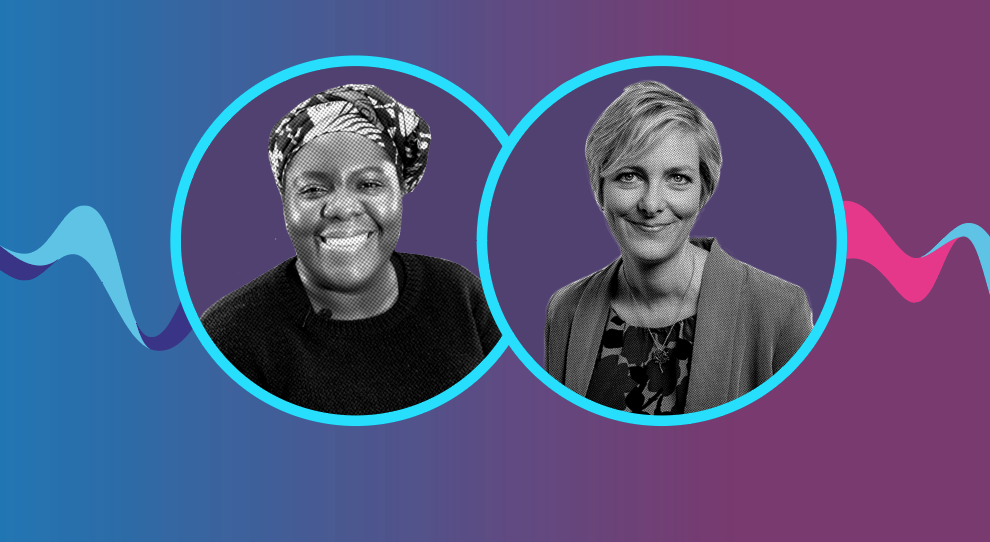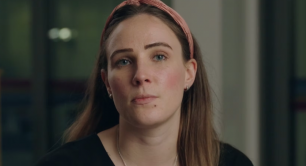Fit for the future: Cultural fit is ‘really just a lazy way of running an organisation’
What does it mean to build a healthy, resilient, sustainable organisation that’s able to do good and well at the same time? In previous episodes, we've discussed how to find the right finance, navigate risk, and operate in times of crisis. This time, our guests Bayo Adelaja, Sadie Visick and Sarah Dalton talk to Tim West about how to lead an effective and happy team, even in difficult times.
Listen now:
Love podcasts? Don't miss out on ours! Catch up on all our podcasts and subscribe free on Apple Podcasts, Spotify or Soundcloud.
How to hire the right people? How to know when it’s right to expand, and when it’s better to consolidate your existing team? Is hiring slowly and firing quickly the answer? For social entrepreneurs, these questions can be more complex than for regular businesses.
In this episode, Pioneers Post founding editor Tim West is joined by Bayo Adelaja, founder of Do It Now Now, Sadie Visick, CEO of award-winning social enterprise Clear Voice, and Sarah Dalton, head of HR consultancy at Buzzacott.
- Explore more how-to guides and expert insights for social enterprises in the Pioneers Post Business School
 One thing that Adelaja (pictured far left) has always had in mind is company culture: her current venture, which provides business support to people from underrepresented communities, was rooted in the fact that she didn’t feel listened to in former jobs. “In building Do It Now Now, culture was always a really important part of the equation to me, and the relationships that people had with each other.” But she warns against the idea of cultural fit, according to which employees should align with the existing values and behaviour of the business.
One thing that Adelaja (pictured far left) has always had in mind is company culture: her current venture, which provides business support to people from underrepresented communities, was rooted in the fact that she didn’t feel listened to in former jobs. “In building Do It Now Now, culture was always a really important part of the equation to me, and the relationships that people had with each other.” But she warns against the idea of cultural fit, according to which employees should align with the existing values and behaviour of the business.
“I think culture fit is really just a lazy way of running an organisation because it just says that we're not willing to shift our culture to help you fit in,” Adelaja says. “It's about having a malleable culture that says, ‘Okay, maybe, whatever you're doing, whichever way you might want to do things, we can learn from you.’”
If we think we want a great place to work, how does that exist in a virtual world?
The world of work is experiencing fundamental changes, and with remote working now commonplace, what does it really mean for employees to have a good experience in the office? This is something employers have to figure out, according to Visick (pictured above right). She explains the pandemic has substantially transformed the activities of Clear Voice, which provides translation and interpretation services, with a surge in demand for online and telephone services. “If we think we want a great place to work, how does that exist in a virtual world?” she says.
- Read our Social Business Profile of Clear Voice – the award-winning language service helping refugees
Mission or skills?
As a social entrepreneur, do you recruit people based on how much they believe in the business’s mission, or how skilled they are? It’s a balance, Adeleja says: “We can't sacrifice the harmony of the team for a really skilled person; and similarly, we can't bring in someone who fully knows what we're trying to do and really gets it and is super passionate, that doesn't have the skill level.”
The guests go on to discuss the ins and outs of an efficient recruitment model, the potential dangers of seeking growth – and the difficult question of letting someone go.
Podcast edited and produced by Laura Joffre.
Thanks for reading our stories. As an entrepreneur or investor yourself, you'll know that producing quality work doesn't come free. We rely on our subscribers to sustain our journalism – so if you think it's worth having an independent, specialist media platform that covers social enterprise stories, please consider subscribing. You'll also be buying social: Pioneers Post is a social enterprise itself, reinvesting all our profits into helping you do good business, better.



